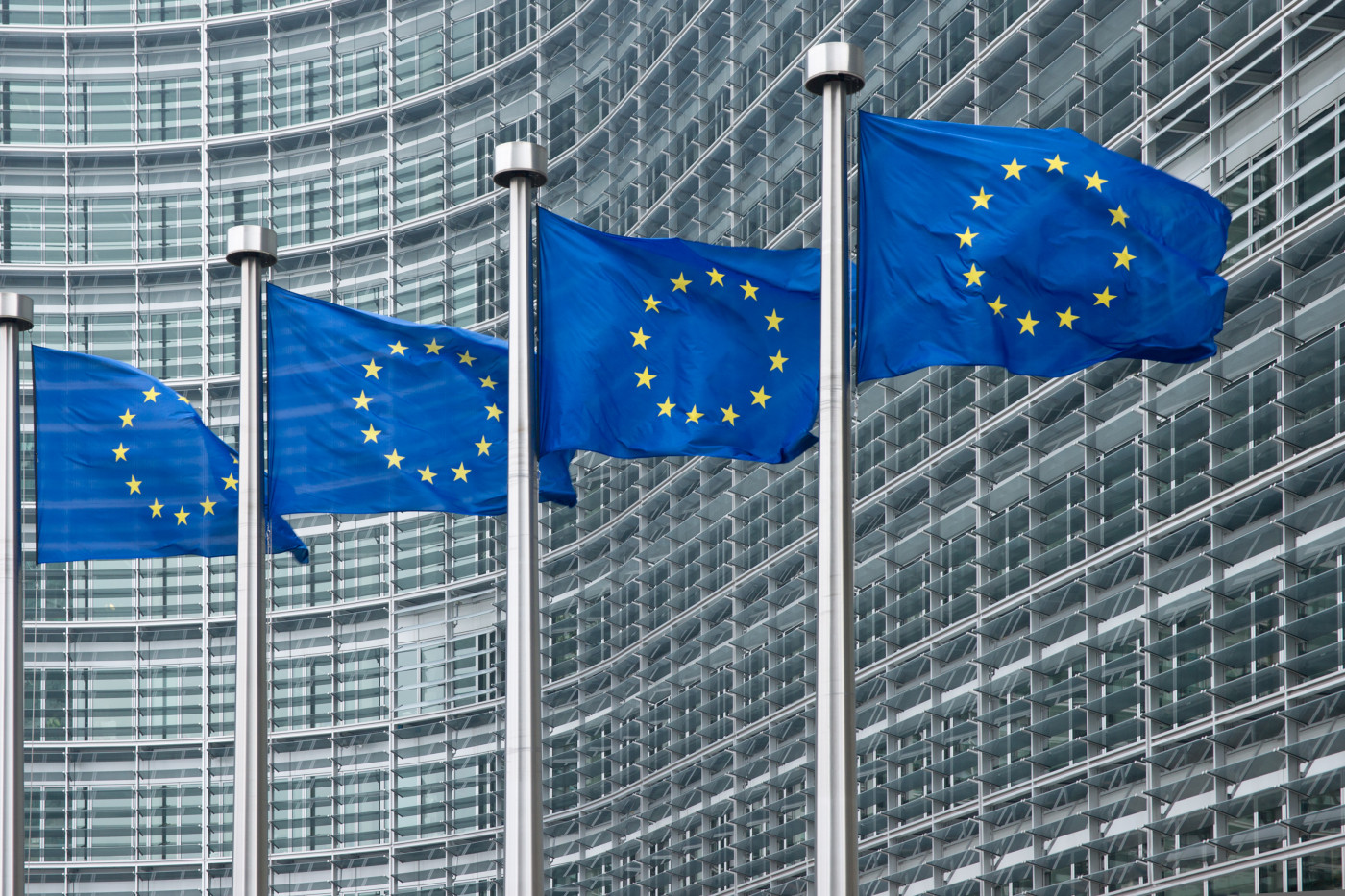Lupin Seeks EU Marketing Approval for YLB113, Etanercept Biosimilar, for Ankylosing Spondylitis

The European Medicines Agency has accepted for review Lupin‘s marketing authorization application for YLB113, a biosimilar of etanercept that is marketed by Amgen under the brand name Enbrel.
YLB113’s application is for the treatment of ankylosing spondylitis, axial spondyloarthritis, and non-radiographic axial spondyloarthritis, as well as rheumatoid and psoriatic arthritis and plaque psoriasis.
Enbrel was first approved by the U.S. Food and Drug Administration in 1998 to treat rheumatoid arthritis. Its use was extended to other rheumatic conditions, like psoriatic arthritis in 2002, and in 2003, Enbrel was approved by the FDA to treat ankylosing spondylitis.
“The application for our Etanercept biosimilar and its acceptance in Europe is a significant milestone for our foray into biosimilars in key developed markets. This is also an encouraging development as we continue building our pipeline of higher complexity products,” Nilesh Gupta, managing director of Lupin, said in a press release.
A biosimilar is a comparable version of an already approved biological therapy that can be developed after a company’s patent exclusivity expires. In contrast to small-molecule compounds — which are easy to generically copy — it is impossible to make an exact copy of a biologic therapy.
As a result, health authorities require companies producing biosimilar therapies to perform robust tests to demonstrate that their effectiveness and safety are equal to those of the original therapies.
YLB113’s application for marketing approval in Europe is based on results of a global Phase 3 trial (2015-002809-12), which evaluated the therapy for the treatment of rheumatoid arthritis.
The multinational, randomized, double-blind study included more than 500 patients with rheumatoid arthritis in 11 countries and compared YLB113’s effectiveness and safety against Enbrel. It included more than 230 patients in Europe.
The primary objective was an equivalent improvement in rheumatoid arthritis as measured by the American College of Rheumatology 20 (ACR20) response rate — a set of standard criteria used to measure disease activity.
YLB113’s ACR20 response rate was found to be within an acceptable margin for marketing authorization from most advanced regulatory agencies.
In addition, the safety of and immune reactions against YLB113 were found to be similar to Enbrel, suggesting therapeutic equivalence.
Earlier this month, Lupin announced that YL Biologics, its joint venture with Japan-based pharmaceutical company Yoshindo, had filed a new drug application with Japan’s Pharmaceuticals and Medical Devices Agency for moderate to severe juvenile idiopathic arthritis and rheumatoid arthritis.
“Etanercept (YLB113) is the first biosimilar developed in-house by Lupin and this makes us the first Indian pharmaceutical company to file for a complex fusion protein like Etanercept in regulated markets. This is a significant step in the fight against severe auto-immune disorders that calls for an effective, affordable equivalent for patients across Europe,” said Cyrus Karkaria, PhD, Lupin’s president of biotechnology.
YLB113’s marketing authorization application in Europe also opens up other key markets, including Canada, Australia, the Middle East, South East Asia and Latin America. Approvals in these markets are expected within the next year to year and a half, according to the company. Lupin is also on track to file for FDA approval for YLB113 by 2020.






